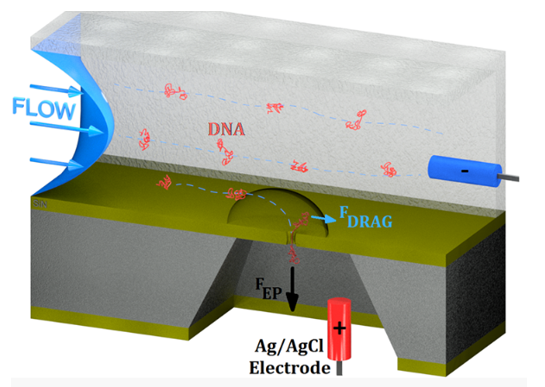Nanofabrication of Nanofluidic Components for an Integrated Solid-State Nanopore Platform
Leuven | More than two weeks ago
Explore the nanofabrication of the next generation of nanopore sensors.
This research project focuses on the development and optimization of nanofabrication techniques to create these nanofluidic components. The issue lies in achieving the precision, scale, wettability and functionality for manipulating biomolecules at the nanoscale. The PhD candidate will explore various fabrication methodologies combining novel materials, various lithography techniques, and advanced etching techniques, to construct a nanofluidic component that can seamlessly interface with advanced nanopores while maintaining the desired properties of all nano-scale components. The goal is to create a scalable nanofluidic system that enhances the molecule throughput and overall performance of nanopore-based devices.
The successful completion of this PhD research will not only contribute to the scientific understanding of nanofabrication processes and their impact on nanofluidic functionality but also to the development of next-generation nanopore technologies that could revolutionize fields such as genomics, proteomics, and personalized medicine. Imec is soliciting enthusiastic PhD candidates to advance single-molecule electrical sensing technology, approaching the problem both from the fabrication and experimental and design/modeling side.

Figure 1. Illustration of a channel-nanopore combination (from Analytical Chemistry 2020, 92, 12, 8108-8116)
Required background: Nanotechnology, Materials engineer, Electrical engineering, Physics, or related. Microfluidics or nanofluidics experience is not required but would be a plus.
Type of work: literature, fabrication and characterization work (60%), modeling (20%)
Supervisor: Pol Van Dorpe
Daily advisor: Ashesh Ray Chaudhuri, Koen Martens, Ben Jones
The reference code for this position is 2025-128. Mention this reference code on your application form.
